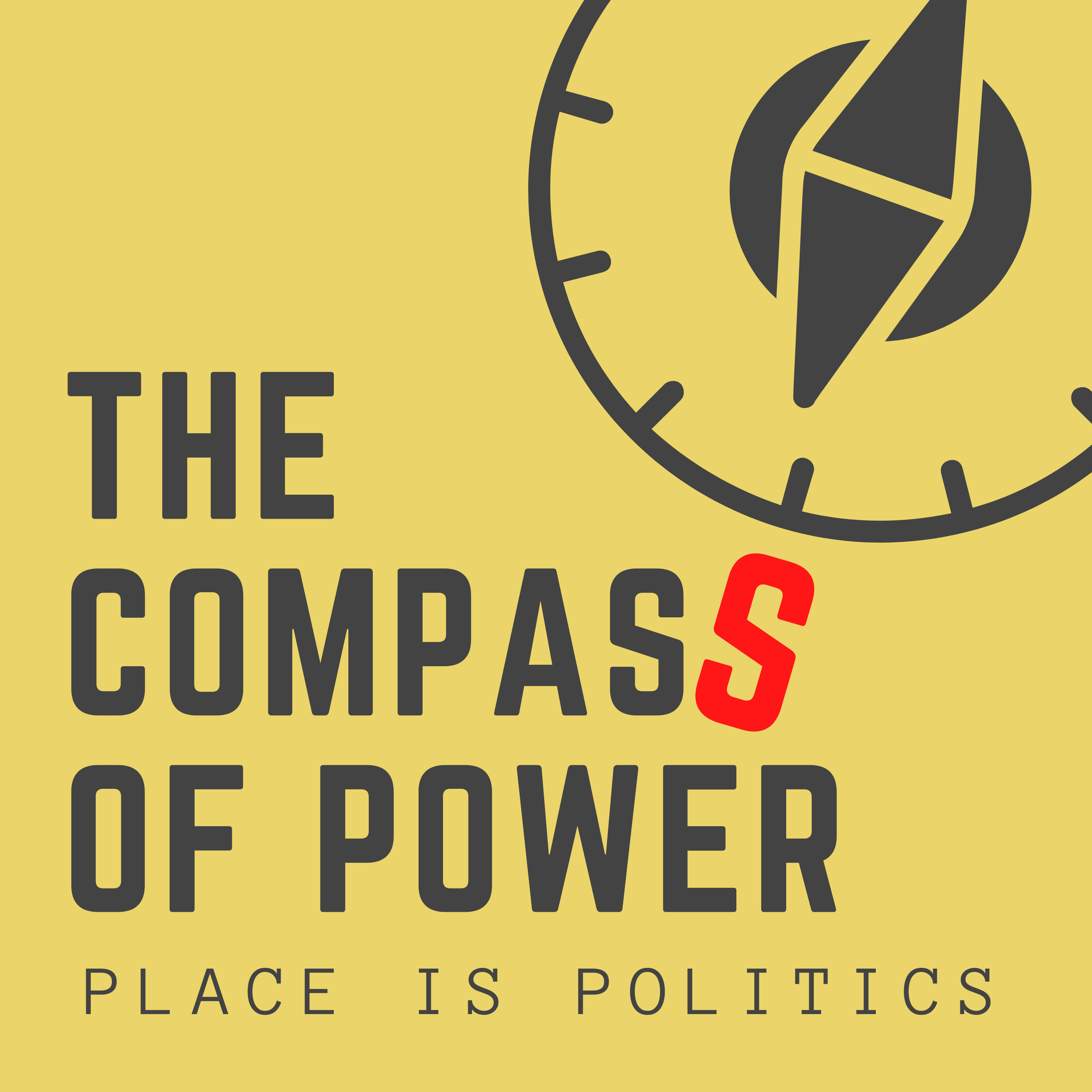Editor’s note: I’m changing this up a bit. Usually I post a transcript of the podcast episode of the same name, along with a link to the audio. However, I’m not sure that is the most useful form for you, my beloved readers. So this time I’ll post the audio if you would like to listen to the podcast, but this post is more like bonus material.
Please leave me a comment below with your thoughts, or ask questions. Subscribe and otherwise interact!
On Bidenomics:
President Joe Biden has taken what was a pejorative term, “Bidenomics,” and made it a campaign rally cry. But what is it?
The gist is this: government spending on bedrock systems like roads, bridges and broadband; tax credits for parents; cheaper education for working-age people (forgiving loans and going after free technical training); more expensive taxes for corporations, and vocal pro-unionism. You can find several articles on the subject, such as this run-down from the Associated Press.
The idea is to explicitly favor the working-and-middle classes at the expense of the top tier, with the goal of making it easier to get paid pretty well and stay that way. It is a marked contrast with Reaganomics, the general term for lowering taxes and regulations on the top of the economy, theoretically leading to greater investments in new businesses, job growth, etc.
The Compass of Power says “Place is Politics,” so, where is Bidenomics coming from, literally?
The Midlands. More specifically, northern Delaware.
The man who made the map of cultural regions in the United States, Colin Woodard, has called the Midlands the “most American.” That’s because people there are better able than most to balance the extremes of American culture. And as you will hear in the podcast, the Quakers who founded the culture were of two minds on both work and education. Some is good — a lot is bad.
To illustrate this tension, I quote the Quaker founder of Pennsylvania (and overseer of Delaware for a time) William Penn quite a bit in the podcast. I didn’t get to something that is worth noting here — that the people of the Pennsylvania region valued education with a practical purpose over intellectual analysis. That is, they loved vo-tech.
Here’s Penn on the subject (emphasis mine):
“Let their learning be liberal. Spare no cost, for such parsimony all is lost that is saved, but let it be useful knowledge such as is consistent with truth and godliness, not cherishing a vain conversation or an idle mind; but ingenuity mixed with industry is good for the body and mind too. I recommend the useful parts to mathematics, as building houses, or ships, measuring surveying, dialing, navigation; but agriculture especially is my eye.”
William Penn
This practicality sprang from the Quaker belief that every person’s No. 1 job was to be a good human being. That job came before success in business, which too often becomes an impediment to goodness. It could be helped by enough education to make a person a contributor to society, but hindered by an education that led to over-intellectualism at the expense of right action in the world.
There are clear echos of this cultural framework in Joe Biden’s oft-told story about what a job is, which he recounted in a speech to unionized workers in Milwaukee recently:
“My dad — and I swear to God this was the expression — used to have an expression. My dad was a high school-educated guy, was well-read, and worked like hell. He didn’t have a chance to go to college. He used to say, “Joey…” — and this is the God’s truth — “Joey, a job is about a lot more than a paycheck. It’s about dignity. It’s about respect. It’s about being able to look your child in the eye and say, ‘Honey, it’s going to be okay,’ and mean it.” That’s what a job is about. That’s what a job is about.”
President Joe Biden
Although we could spend a lot of time connecting the dots through history from Penn to Bidenomics, here’s something quick to consider: where is America’s industrial heart? Where do we think of when we think of Americans assembling, building, crafting? I would say we think of places that neatly line up with the Midlands.
Compare that place on your mental map of America to where you imagine we write our books, or where the tech titans work, or where we build our amusement parks.
And you have an idea of where Bidenomics is coming from.


Leave a comment